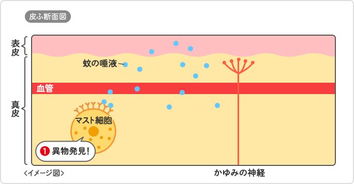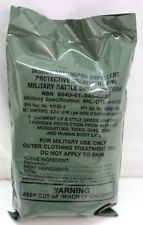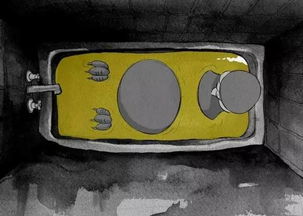
Insect Bite Swelling Treatment: A Comprehensive Guide
Dealing with an insect bite can be quite an inconvenience, especially when it leads to swelling. The discomfort and itching can make it difficult to carry on with your daily activities. However, with the right treatment, you can alleviate the symptoms and speed up the healing process. In this article, we will explore various methods to treat insect bite swelling, ensuring you have all the information you need to manage this common problem effectively.
Understanding Insect Bite Swelling

Insect bites often cause swelling due to the body’s immune response. When an insect injects its saliva into your skin, it triggers an inflammatory reaction, leading to redness, swelling, and itching. While most insect bites are harmless, some can cause severe allergic reactions, necessitating immediate medical attention.
Home Remedies for Insect Bite Swelling

Before resorting to over-the-counter medications or professional treatment, you can try several home remedies to alleviate insect bite swelling. Here are some effective methods:
-
Ice Pack: Applying an ice pack to the affected area can reduce swelling and numb the itching sensation. Wrap the ice pack in a cloth or towel to prevent direct contact with your skin.
-
Aloe Vera: Aloe vera has soothing properties that can help reduce inflammation and itching. Apply fresh aloe vera gel directly to the bite.
-
Tea Tree Oil: Tea tree oil has antibacterial and antifungal properties that can help prevent infection and reduce inflammation. Dilute a few drops of tea tree oil with a carrier oil, such as coconut oil, and apply it to the bite.
-
Baking Soda Paste: Mix baking soda with water to create a paste and apply it to the bite. The paste can help neutralize the pH of the skin, reducing itching and inflammation.
-
Apple Cider Vinegar: Dilute apple cider vinegar with water and apply it to the bite using a cotton ball. The vinegar can help reduce swelling and itching.
Over-the-Counter Medications

If home remedies do not provide relief, you can consider over-the-counter medications to treat insect bite swelling. Here are some options:
-
Antihistamines: Antihistamines can help reduce itching and inflammation. They are available in oral and topical forms.
-
Topical Corticosteroids: These creams or ointments can reduce inflammation and itching. They are available in various strengths and should be used as directed by a healthcare professional.
-
Antiseptic Ointments: Antiseptic ointments, such as Neosporin, can help prevent infection and promote healing.
Professional Treatment
In some cases, professional treatment may be necessary, especially if you experience severe swelling, difficulty breathing, or signs of an allergic reaction. Here are some options:
-
Prescription Corticosteroids: Your healthcare provider may prescribe stronger corticosteroids to reduce inflammation and itching.
-
Antibiotics: If the bite becomes infected, your doctor may prescribe antibiotics to treat the infection.
-
Epinephrine: In cases of severe allergic reactions, epinephrine may be administered to prevent anaphylaxis.
Preventing Insect Bites
Preventing insect bites is the best way to avoid swelling and other complications. Here are some tips to help you stay safe:
-
Wear protective clothing, such as long sleeves and pants, when spending time in areas where insects are prevalent.
-
Use insect repellents containing DEET, picaridin, or oil of lemon eucalyptus.
-
Keep your home and yard free of standing water, as it attracts mosquitoes and other insects.
-
Inspect your clothing and gear for ticks before entering your home.
Conclusion
Insect bite swelling can be a nuisance, but with the right treatment, you can manage the symptoms and prevent complications. By understanding the causes and available treatments, you can take control of the situation and enjoy a comfortable recovery. Remember to seek medical attention if you experience severe symptoms or have a known allergy to insect



